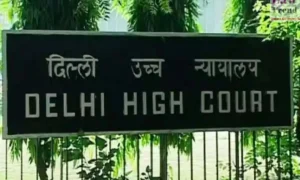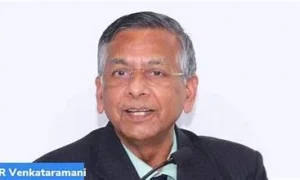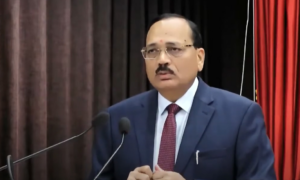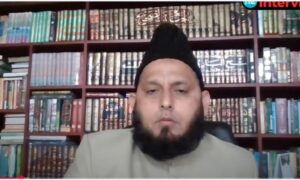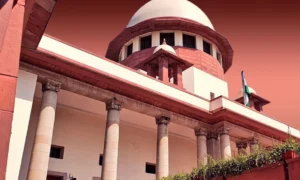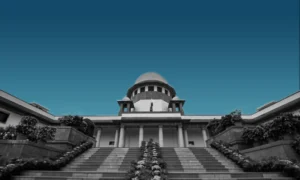The Supreme Court on Monday agreed to proceed with the criminal defamation case brought by BJP leader Rajiv Babbar against AAP leaders Arvind Kejriwal and Atishi over remarks alleging voter name deletions from Delhi’s electoral rolls.
The case emerged after Kejriwal and Atishi publicly accused the BJP of orchestrating mass removal of voters’ names an accusation Babbar claimed severely damaged his party’s reputation. He filed a criminal defamation suit in response.
During the hearing on Monday, the Court considered a request from the counsel of Kejriwal and Atishi’s counsel for a brief delay—a “passover”—so that Senior Advocate Abhishek Manu Singhvi could appear on their behalf. The Court granted the request and signaled its readiness to set the stage for full and final arguments, directing the parties to submit case law and precedents they wish to rely upon.
Previously, on May 8, the Supreme Court had extended a stay on the defamation proceedings, admonishing that politicians must “have thick skin” amid heated political exchanges. Despite Babbar filing his reply and seeking four weeks to finalize it, trial court proceedings remain suspended.
In September 2024, the Delhi High Court declined to quash the defamation case, observing that Kejriwal and Atishi’s allegations were prima facie defamatory and likely intended to gain political advantage.
Now, with the Supreme Court poised to fix a hearing date, the case enters a crucial phase. Observers note that the outcome could have broader implications for the boundaries of political speech and the application of defamation law in electoral contexts.
Depending on how the apex court rules, it may recalibrate the threshold for what constitutes defamation amid vigorous political discourse.
📰 Crime Today News is proudly sponsored by DRYFRUIT & CO – A Brand by eFabby Global LLC
Design & Developed by Yes Mom Hosting

